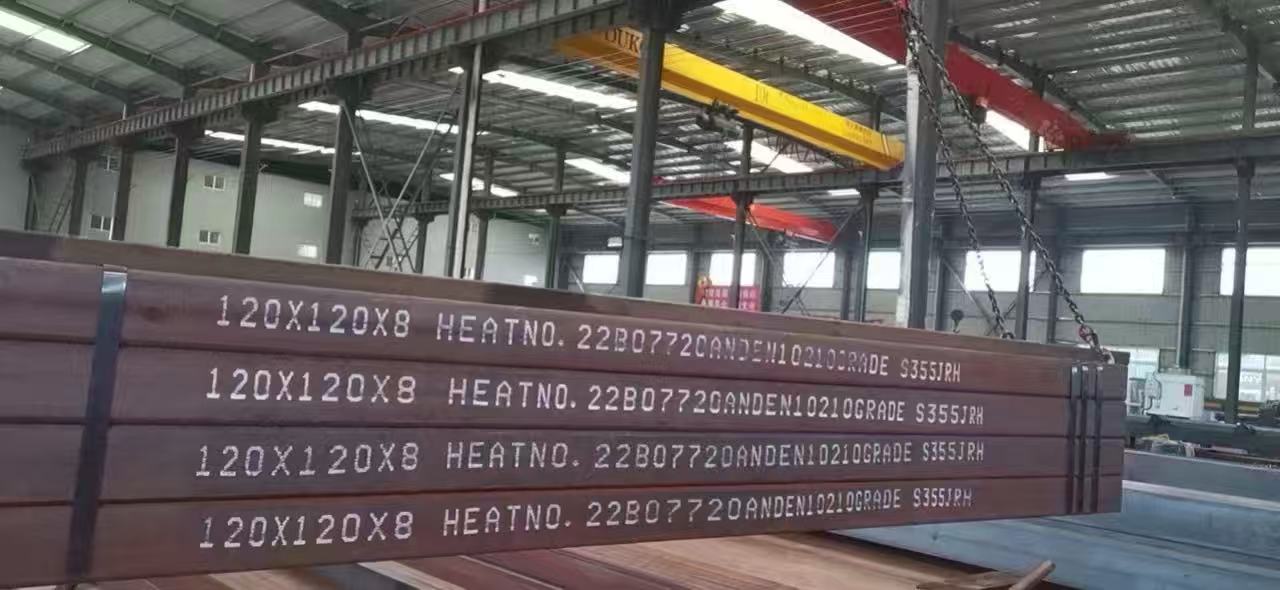Structural Tubes
- Standard EN 10210-2: Covers non-alloy steel tubes. Common material grades include the S235, S355, and S460 series.
- Standard EN 10210-3: Covers alloy steel tubes. Common material grades include 16Mo3, 42CrMo4, and 34CrMo4.
Key requirements for structural seamless tubes include meeting mechanical properties (tensile strength, yield strength, elongation) and process requirements (with non-destructive testing often being optional). The common delivery conditions are mostly “Hot Rolled (HR)” or “Cold Drawn (CD)”.
Pressure Fluid Tubes
The European standard for seamless steel tubes for pressure purposes is the EN 10216 series. This series specifies tubes used in applications such as petroleum, chemical industries, natural gas transmission pipelines, boilers, and pressure vessels—environments involving high pressure, high temperature, or corrosion. The series is divided into the following parts based on service temperature, corrosion resistance, and mechanical properties:
- EN 10216-2: Non-alloy steel tubes with specified elevated temperature properties, e.g., P235GH, P265GH, used for medium/low-pressure boiler tubes.
- EN 10216-3: Alloy steel tubes with specified elevated temperature properties, e.g., 16Mo3, P91/P92, used for high-temperature/high-pressure piping.
- EN 10216-4: Nickel-alloy steel tubes with specified low-temperature properties, offering good low-temperature toughness, e.g., P355NL1, P355NL2.
- EN 10216-5: Stainless steel tubes with specified elevated temperature and corrosion resistance.
Common material grades for European standard seamless steel pipes include:
S235JR, S355JR, P195GH, P235GH, P265GH, 16Mo3, 13CrMo4-5, P275NL1, P355NL1, etc.
Post time: Sep-26-2025


